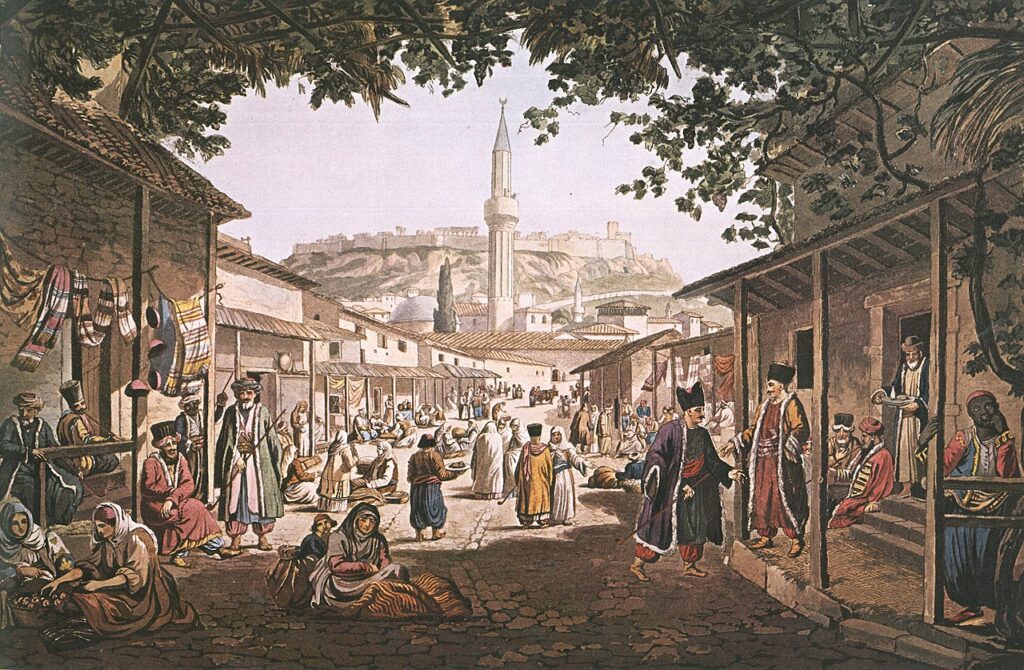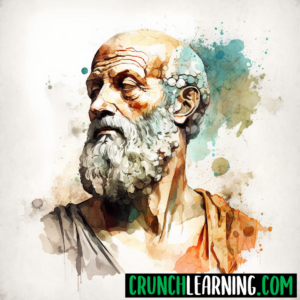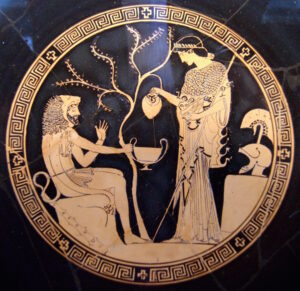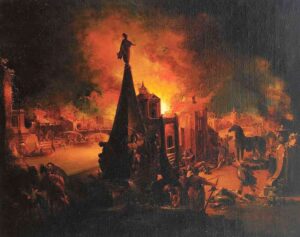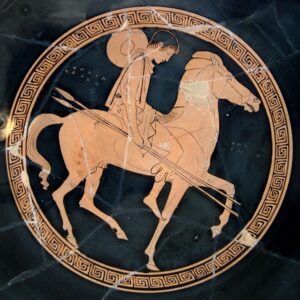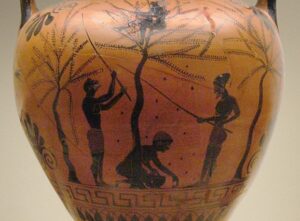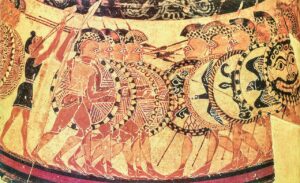Athens in Ancient Greece was one of the most important city-states of ancient Greece and renowned for its cultural, political, and intellectual achievements. This article explores the history of Athens, its government, society, and daily life, and its legacy in the world today.
The Rise of Athens in Ancient Greece
It is believed that Athens had been home to people for thousands of years, but it flourished during its early history to become a center of learning, art and politics during the time of Ancient Greece. More specifically, Athens was founded in the 9th century BCE and grew to become one of the largest and most powerful city-states in Ancient Greece. During the 7th and 6th centuries BCE, Athens underwent a period of rapid growth and expansion, becoming a major center of trade, culture, and political power. Many great thinkers and writers traveled to Athens in order to study and contribute to works. One of the key factors in Athens’ rise was its innovative government, the Athenian democracy.
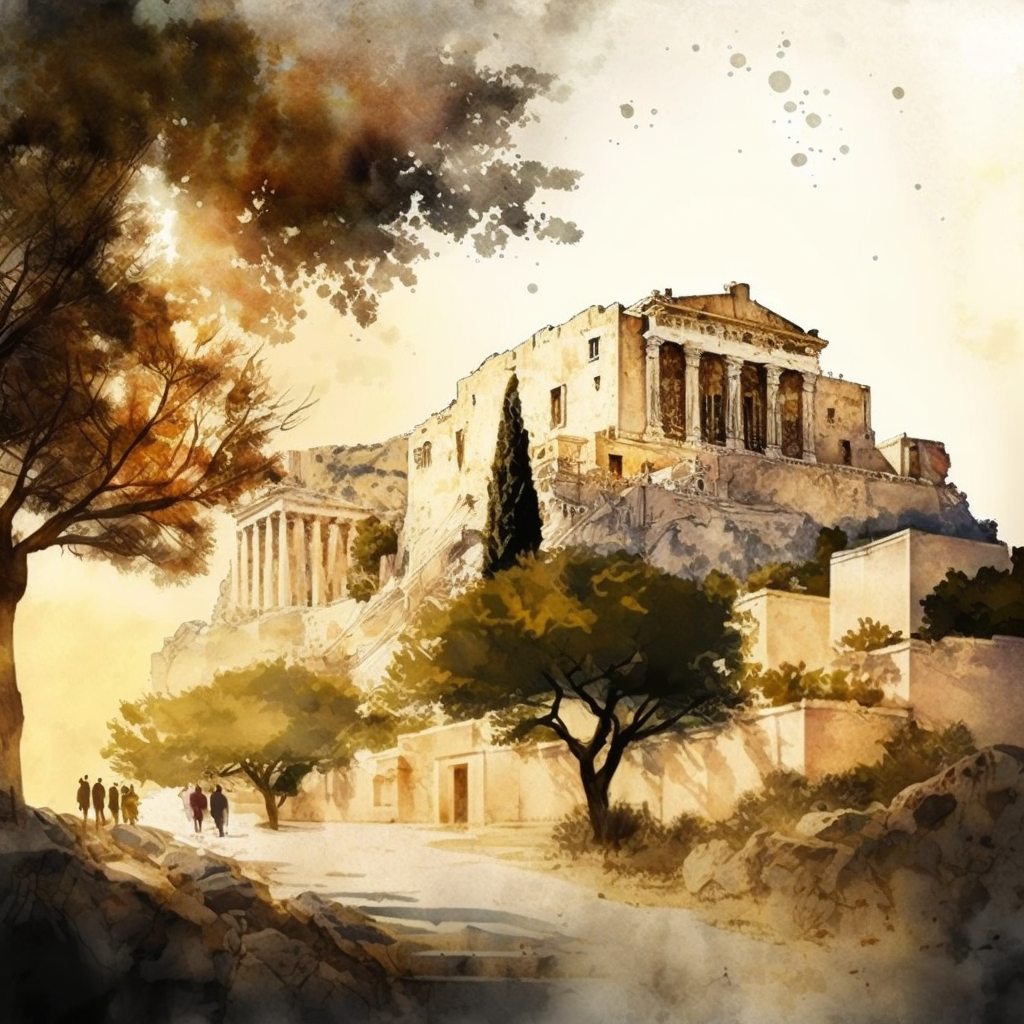
Athenian Democracy
Athens in Ancient Greece famously developed democracy in the 6th century BCE. Democracy is a form of government in which the people have the power to vote and make decisions for themselves. In short, only adult male citizens of Athens were allowed to participate. This means that the women and children of Athens did not have a say in the government at the time. Also, slaves were not permitted to participate either. Regardless, Athenian democracy is important to us today because it laid the foundation for modern examples of democracy. For instance, democracy in modern countries (Ex. Australia, Canada, England, the United States) is based upon the basic principles first established in ancient Athens.
Daily Life of Athens in Ancient Greece
Athens was a complex and diverse society, with a wide range of social classes, from the wealthy aristocrats to the poor laborers. Despite these differences, all Athenians shared a common identity and a commitment to their city-state.
Daily life in Athens revolved around the agora, a central marketplace where people gathered to trade goods, engage in commerce, and participate in political and social events. The agora was also home to important buildings such as the Bouleuterion, where the Athenian council met, and the Stoa Poikile, where philosophers such as Socrates and Aristotle taught.
Economy of Athens in Ancient Greece
In terms of economy, Athens was a commercial and trade hub, and its port, Piraeus, was one of the busiest in the ancient world. The city was also home to many craftspeople and manufacturers, who produced a wide range of goods, including pottery, textiles, and metal goods. Trade, commerce, and manufacturing were important sources of wealth and prosperity for the city-state.
Cultural and Intellectual Achievements of Athens in Ancient Greece
Athens in ancient Greece was also a major cultural center, known for its art, literature, philosophy, and architecture. The city was home to many famous philosophers, writers, and artists, including Socrates, Plato, and Aristotle. The city’s cultural achievements have had a lasting impact on Western civilization and continue to be studied and admired to this day.
Also, Athens was also renowned for its architecture, including the Parthenon, a temple dedicated to the goddess Athena, and the Erechtheion, dedicated to the mythological king Erechtheus. These structures were not only beautiful but also functional, serving as public spaces for political and religious events.
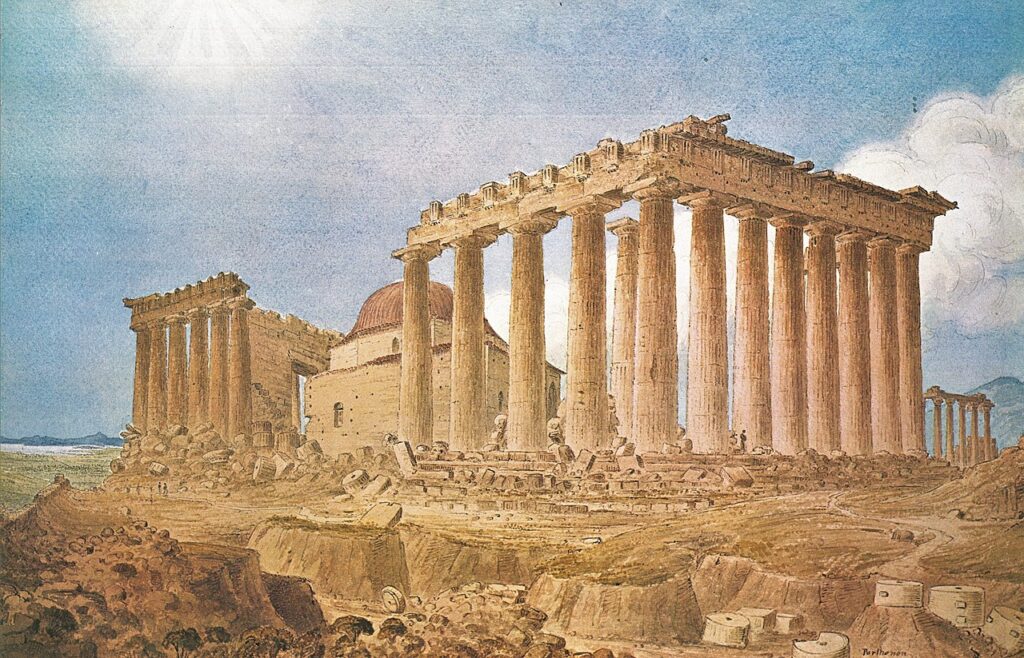
Acropolis of Athens in Ancient Greece
Athens is also famous for the Acropolis of Athens, which is a rocky mound located in the center of the city. It was on the acropolis that important temples and buildings were located. Since Athens was a center of learning and culture, it was also an important location for temples and other buildings. The most famous building on the Acropolis of Athens is the Parthenon, which was a temple to the goddess Athena. It still stands today and acts as a reminder of the importance of Athens in the time of Ancient Greece. In fact, Athens was named after its patron goddess – Athena. She is an Ancient Greek goddess that is associated with wisdom, warfare, and hand crafting.
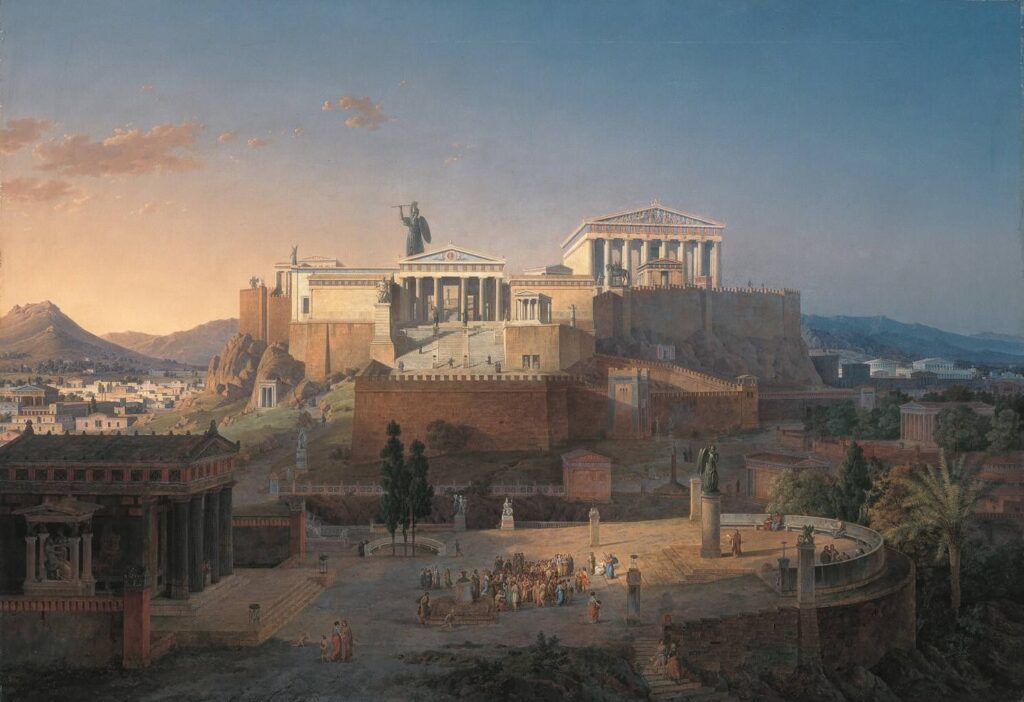
Athens Versus Sparta in Ancient Greece
Athens was also significant due to its interactions with other importance city-states in ancient Greece. For example, Sparta and Athens were often at odds with each other. They fought several wars against each other, with Sparta often coming out on top due to its focus on military training among its citizens. The most famous war fought between the two city-states was the Peloponnesian War, which took place from 431–404 BCE.
Legacy of Athens in Ancient Greece
The legacy of Athens is profound and far-reaching, influencing Western civilization for thousands of years. Its innovative government, vibrant culture, and intellectual achievements continue to inspire and inform people around the world today.
Athens remains one of the most popular tourist destinations in the world, attracting millions of visitors each year to see its ancient ruins, museums, and monuments. It is a testament to the enduring legacy of Ancient Greek Athens and its lasting impact on the world.

